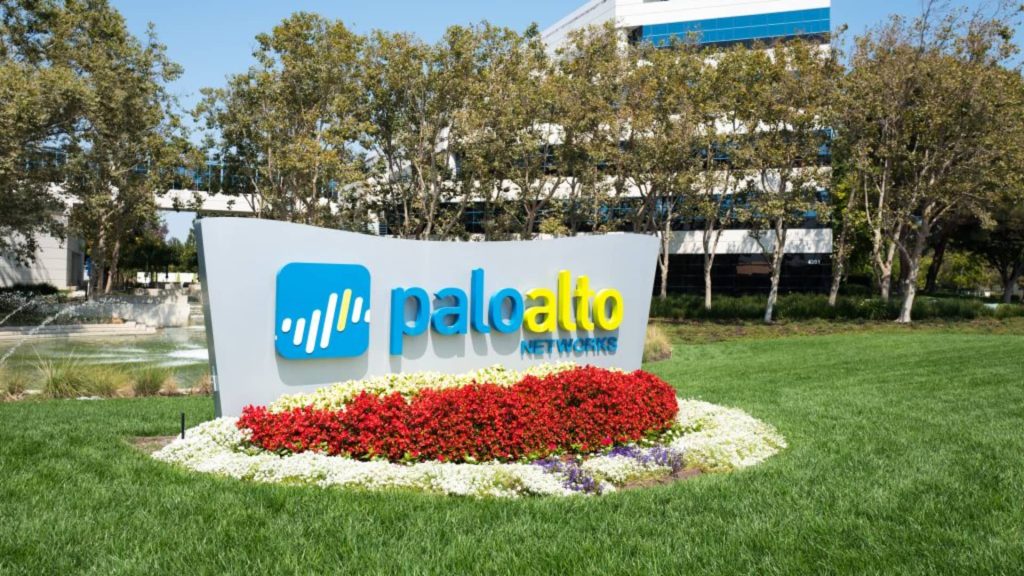If you elected not to participate in your company’s 401(k) plan, your employer may have other ideas.
The concept of 401(k) plan “reenrollment” has been gaining traction. That means companies are more regularly choosing to automatically sweep workers into their workplace plan if they don’t currently participate.
While automatic enrollment, which has also gained popularity, generally applies to new hires, reenrollments typically apply to all workers who don’t currently save in the 401(k).
As of 2022, about 10% of companies that offer a retirement plan reenroll workers into the 401(k) every year, according to a recent survey by the Plan Sponsor Council of America, a trade group. That share is up from 4% a decade earlier.
The calculus is often one of retirement security and trying to help boost workers’ savings, said Sean Deviney, a certified financial planner based in Fort Lauderdale, Florida.
“A lot of times employees make their [401(k)] election when they’re hired and never look at it again,” said Deviney, director at Provenance Wealth Advisors.
Most companies, about 85%, direct workers’ savings into target-date funds if they’re automatically enrolled, according to PSCA data.
Workers receive a notification from their employer ahead of reenrollments and have the chance to opt out or reduce their contribution. Employers’ hope is that inertia will cause workers to stay in the plan rather than opt out.
Some companies may elect to do this as a one-time exercise instead of annually, Deviney said. Others may also choose to reenroll workers who are currently participating in the company 401(k) but bump them up to a higher savings rate, he said.
Companies may also derive a long-term financial benefit from such policies. For example, better worker finances can boost employee productivity and happiness on the job and allow them to retire at a younger age, perhaps saving companies money on future payroll and health costs.
Companies may also decide against adopting reenrollment policies out of fear of being too paternalistic, Deviney said. It may also raise employer costs too much, especially if the company offers a 401(k) match, he said.
Read the full article here







